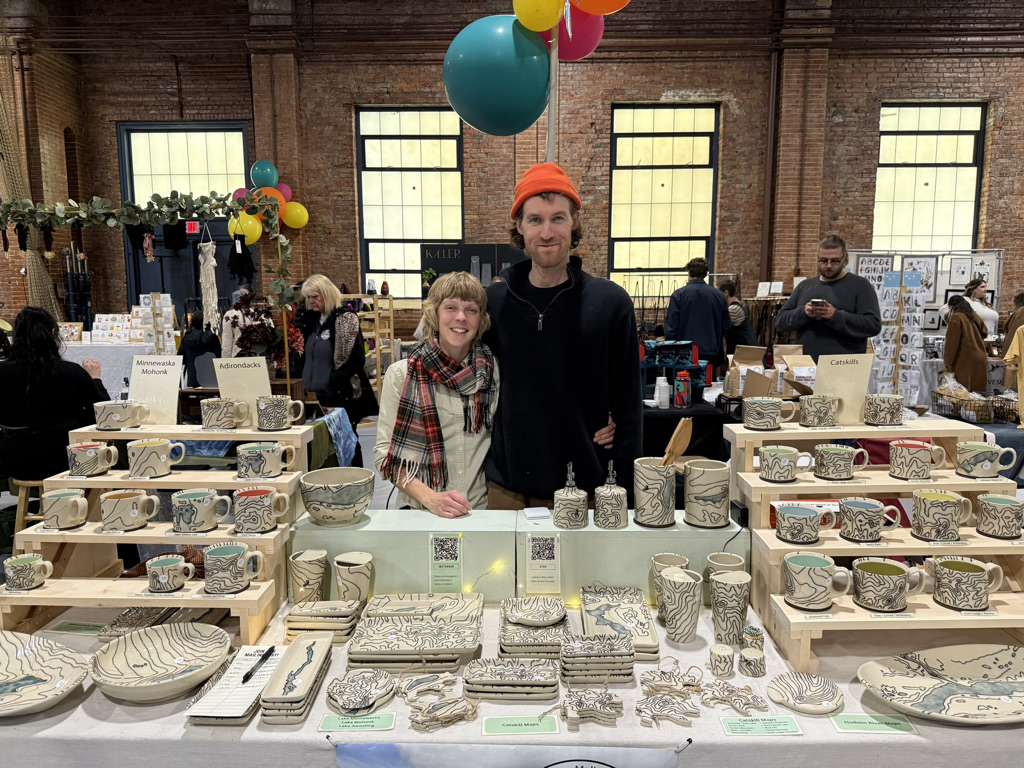We were lucky to catch up with Cheyenne & Zac Mallo & Schiff recently and have shared our conversation below.
Cheyenne & Zac, thank you so much for taking the time to share your lessons learned with us and we’re sure your wisdom will help many. So, one question that comes up often and that we’re hoping you can shed some light on is keeping creativity alive over long stretches – how do you keep your creativity alive?
The main way we keep our creativity alive is by making new things! Our most popular pieces are mugs, so we could probably spend all our time making mugs with the same 5-6 map designs, but if we did that we’d feel more like pottery-robots than creative artists.
We have an on-going list of new pieces that we’d love to make, sort of our pottery “wish list”. Every new year, we get together and brainstorm which ones we are especially excited to tackle, and we make sure to set aside some time to play around with those ideas. It’s easy to get into the mindset of, “We need to make as much work as possible so we can sell as much as possible”, but deliberately making time to play or experiment or work on something new that might not immediately lead to anything profitable is important to us.
For example, we’ve been developing an olive oil dispenser, and we’ve gone through many different versions and styles, looking for something that works well, feels good to use, has a tight-fitting pour spout, etc. Making work that incorporates all these elements is creatively challenging, but that challenge is part of what keeps our studio practice exciting.
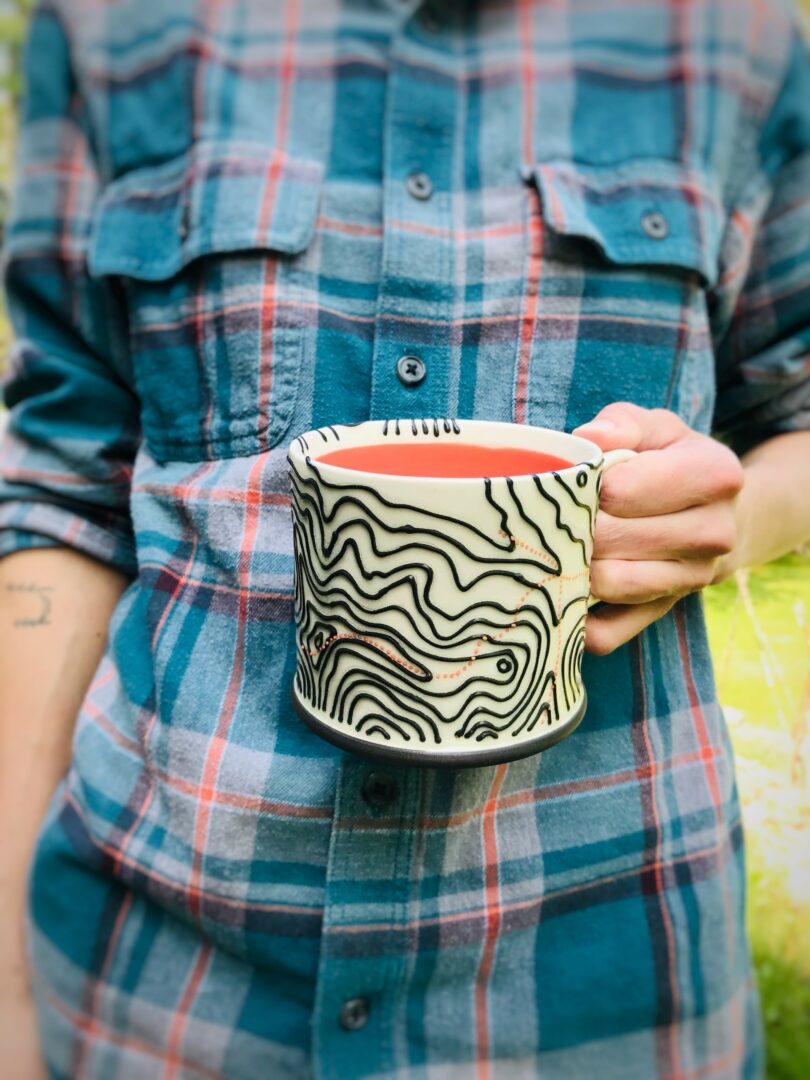
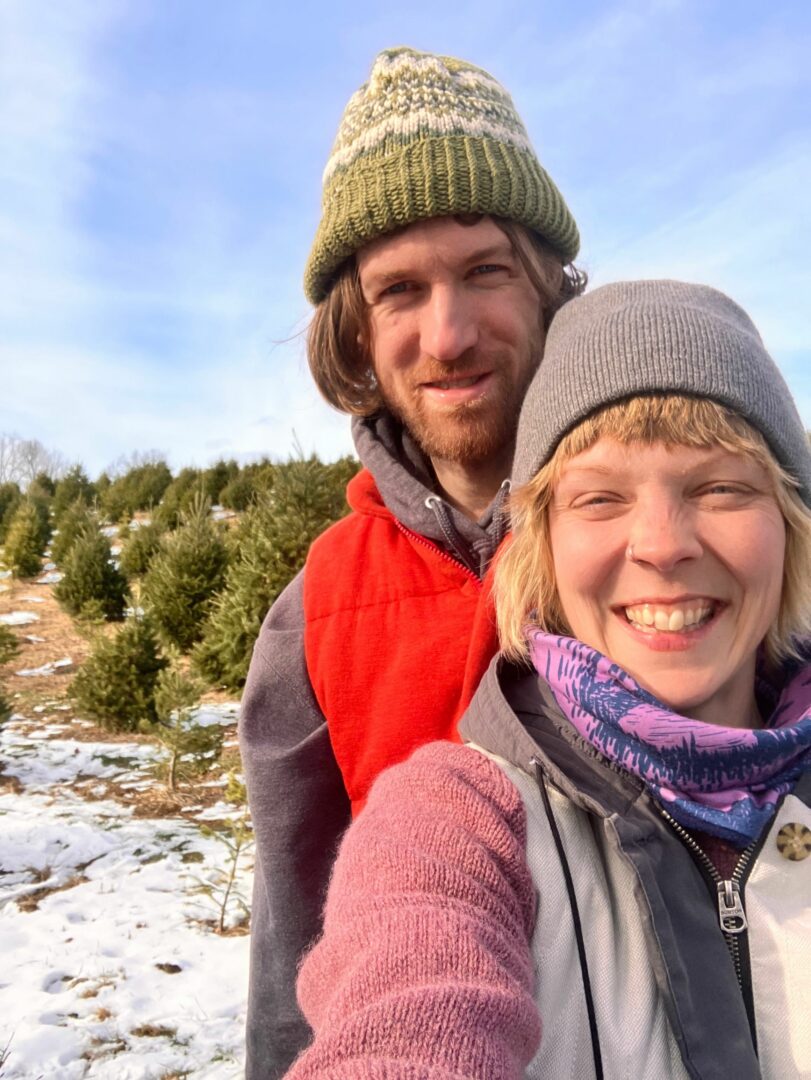
Great, so let’s take a few minutes and cover your story. What should folks know about you and what you do?
We have a pottery studio in our home in the Hudson Valley near the Catskills, where we make functional pottery that features maps of mountains, hiking trails and rivers. We love hiking and exploring nature, and our work gives us an opportunity to share our love of the outdoors with fellow adventurers. Our work is handmade by both of us and designed to be used on an everyday basis, so each piece can serve as a daily reminder of past adventures, special locations, or a future hiking plan.
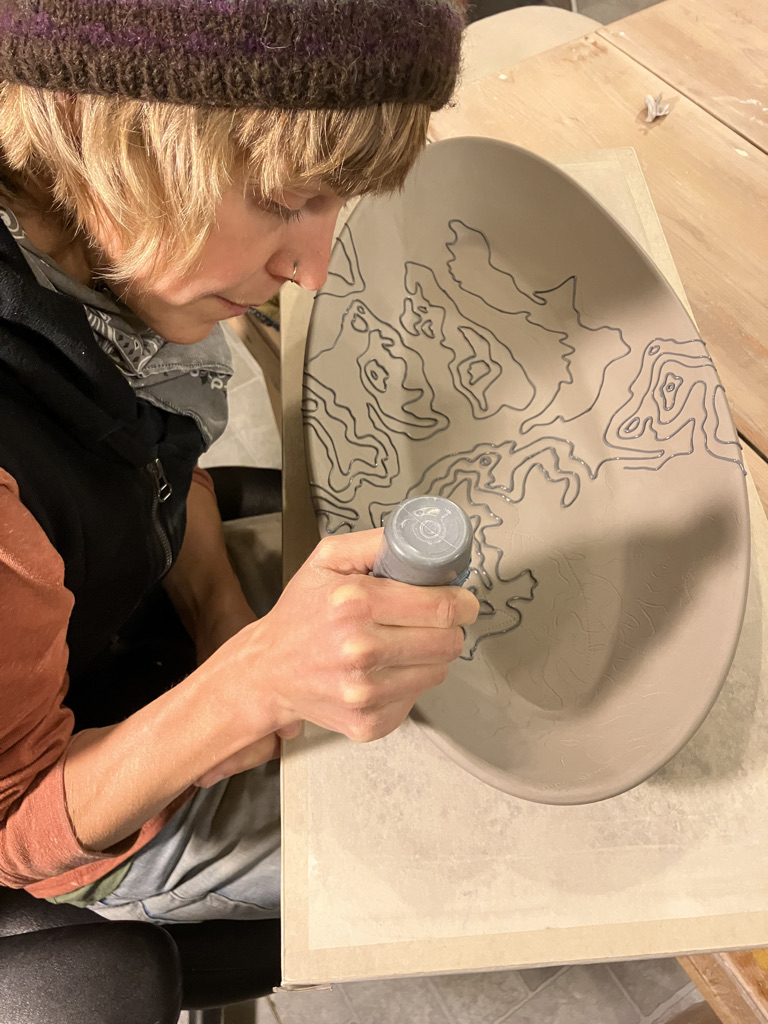
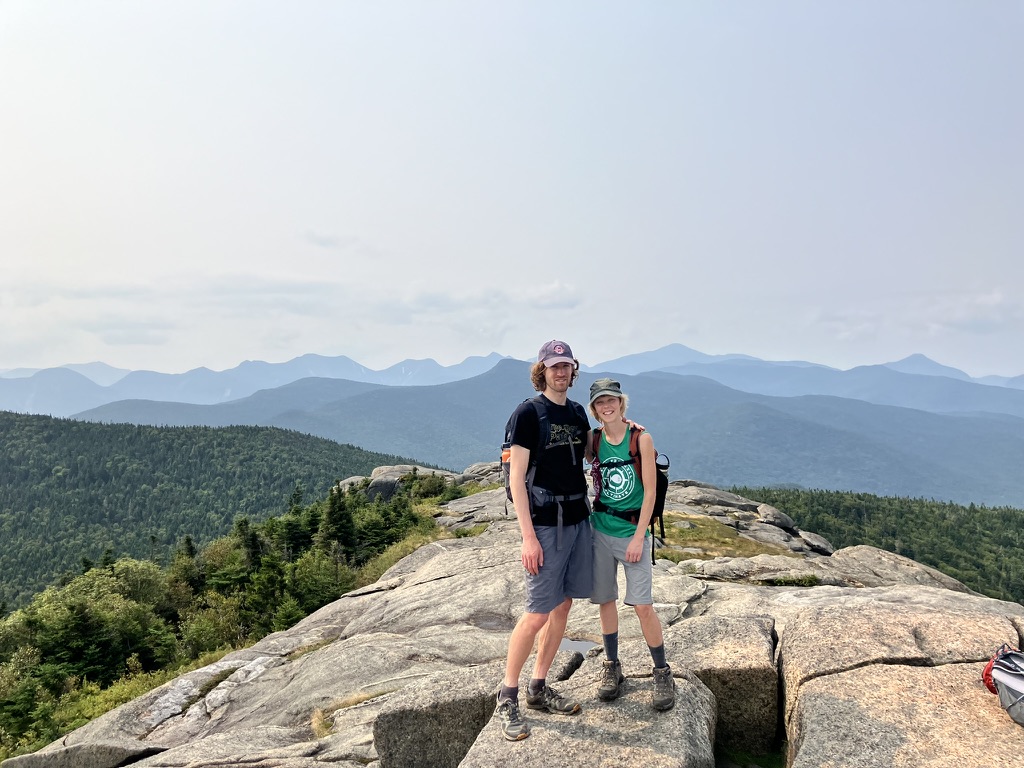
There is so much advice out there about all the different skills and qualities folks need to develop in order to succeed in today’s highly competitive environment and often it can feel overwhelming. So, if we had to break it down to just the three that matter most, which three skills or qualities would you focus on?
For starters, two somewhat related skills that we’ve learned the importance of are patience and persistence, especially with regard to our own development as artists. When you first start learning a new artform or a new skill, it’s easy to get discouraged if you are not progressing as rapidly as you’d like, or to give up if you don’t think you’re good at it, but being able to persist in spite of your initial struggles is a major key to development. Or, sometimes, people will learn very quickly, but then as their taste catches up to their skill, they get frustrated that they aren’t able to make the quality of work that they want too, simply because they haven’t spent enough time practicing the craft yet.
A third thing, which is more business-related, is the importance of developing a coherent body of work. It’s really hard to market and sell handmade art as a small business or as an individual maker, but if you’re able to find a specific THING that is authentic to your experience, and that folks can associate with you, then it’s easier to establish a following. For us, this has been our map pottery, which has allowed us to connect with a very specific group of people, that is, hikers, or people who have loved ones who hike. Or, more broadly, people who love maps or nature. Since we love those things too, it’s easy for us to connect to our “market”, and it’s easy for folks to identify what we’re all about.
So to sum up, we’d recommend that makers who are early in their journey remember to be patient, be persistent, and try to find something you love or are really interested in which can guide you to a specific body of work, because that will help you to find others who share your interest and identify with what you’re making.
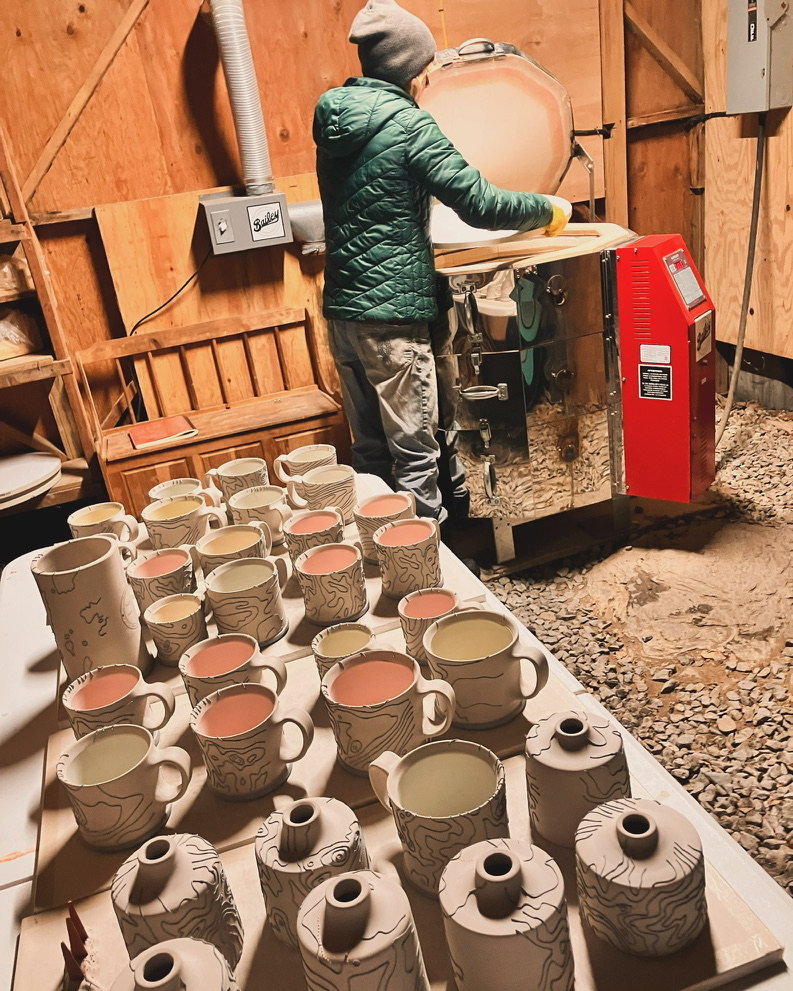
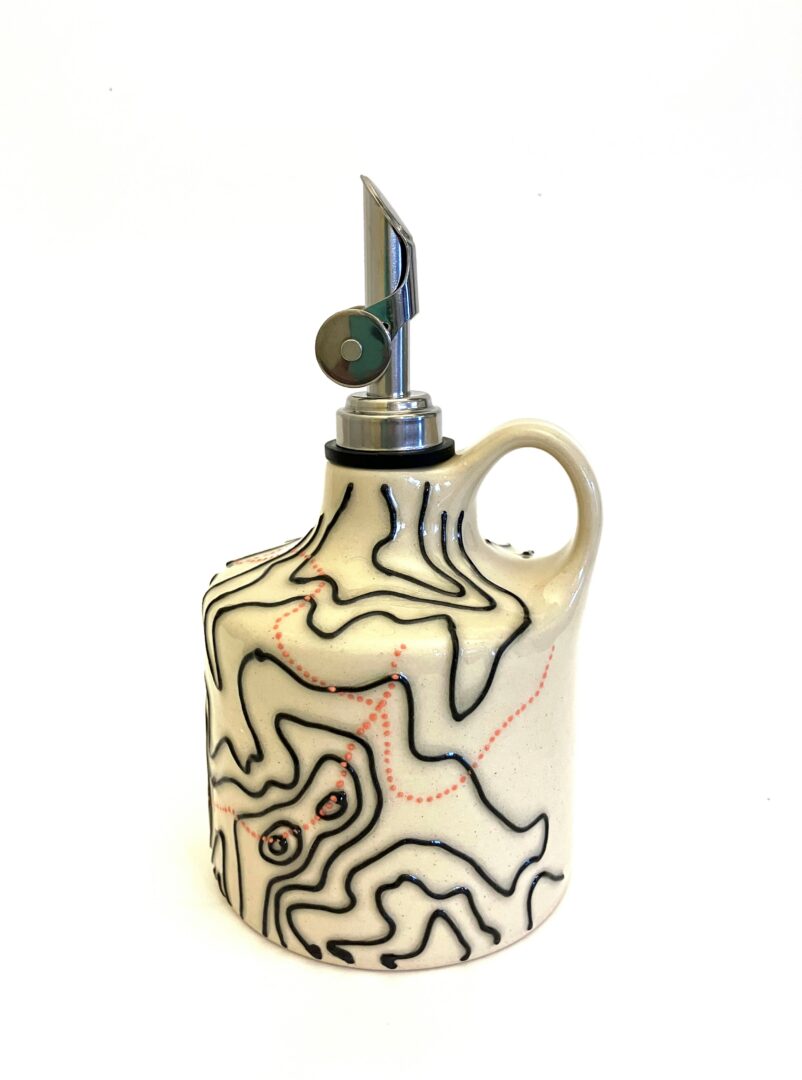
How would you spend the next decade if you somehow knew that it was your last?
Our biggest challenge, and this must be a common challenge for many small business owners, especially ones working in the arts, is making enough money to continue to sustain our business.
An important element of this is pricing. How much should we sell our work for? We frequently ask ourselves this difficult question. We want to price our work low-enough that people can afford it, but we also want to be able to pay ourselves a reasonable wage for how much time and effort and money goes into making each piece.
Part of why we love what we do is, we enjoy the process of hand making each individual item, but this takes a great deal of time. If we could mass produce our work and sell it cheap we’d probably make more money, but then we’d no longer be artists, we’d be business people, or managers, which isn’t exactly our goal.
Balancing art with the commercial side of business ownership is an ongoing challenge. At the moment we are fortunate enough to be in a situation where, with the two of us working full time, we can sustain our business and live relatively comfortable lives, but with inflation and rising costs, it can get a bit scary sometimes. Our current plan is to continue to make work, develop our line, tweak our designs, continue learning about SEO and marketing, continue doing in-person events, stocking our online shop, and working with wholesale partners. It’s impossible to know what the future holds but the best we can do is keep investing time and energy in what interests us, which is the really exciting thing about working as an artist and small business owner.
Contact Info:
- Website: https://cheyennemallo.com
- Instagram: https://www.instagram.com/cheyennemallo/
- Other: Etsy: https://www.etsy.com/shop/CheyenneMalloPottery
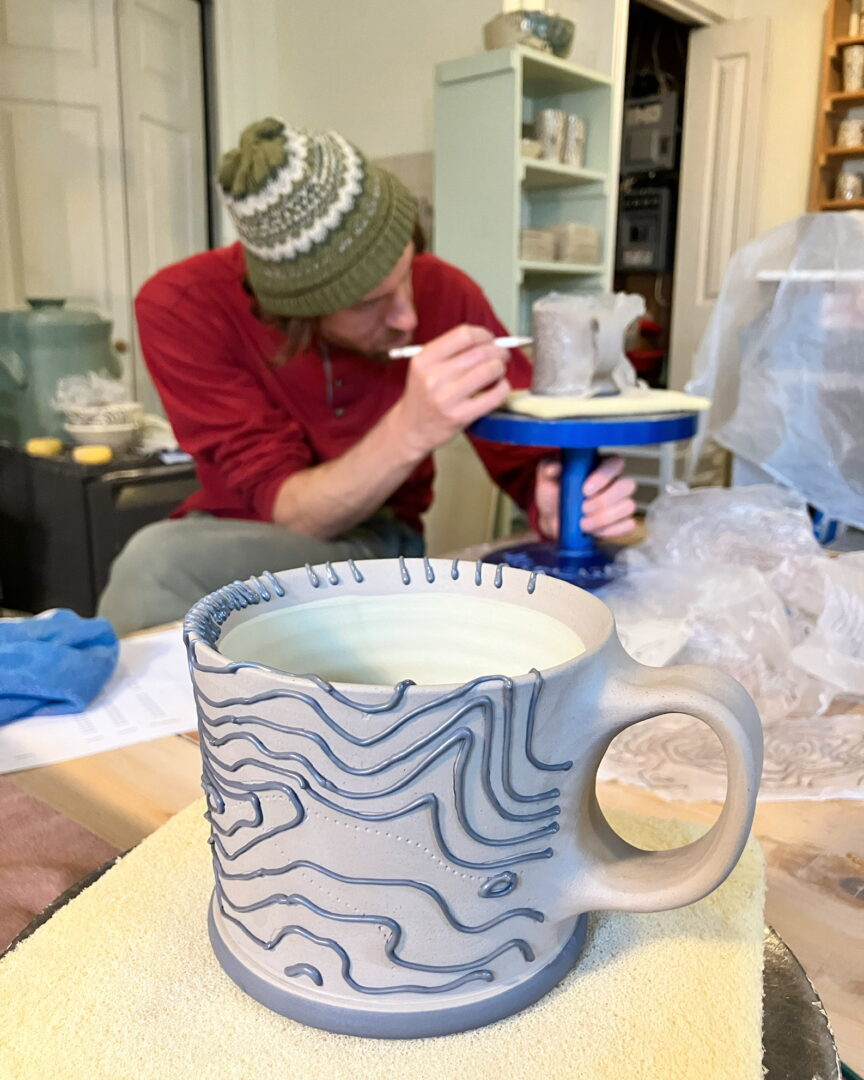
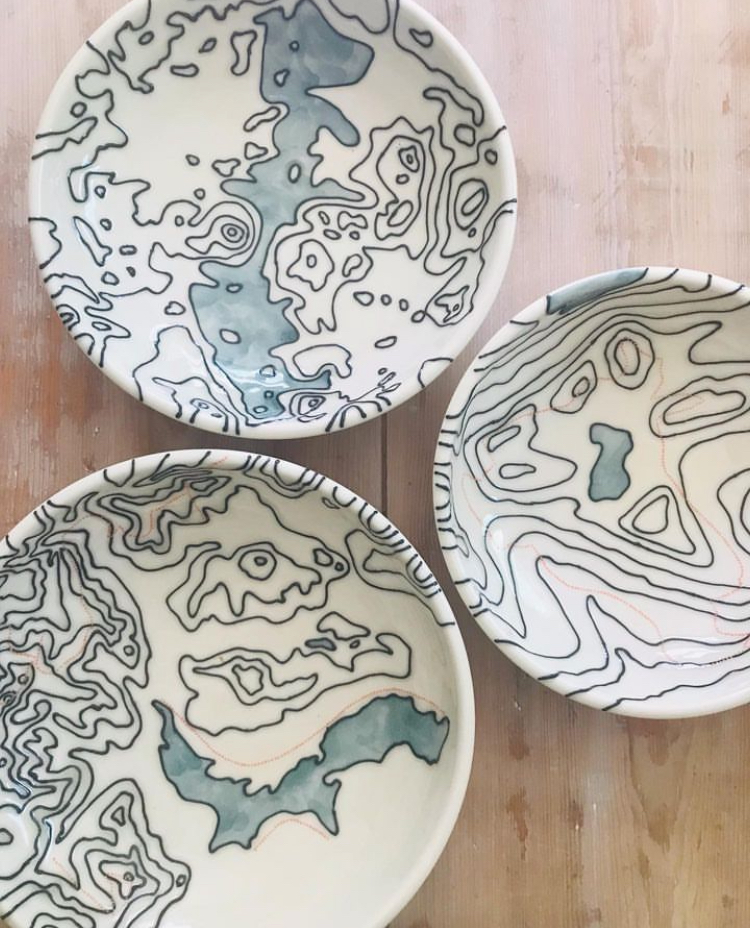
so if you or someone you know deserves recognition please let us know here.

